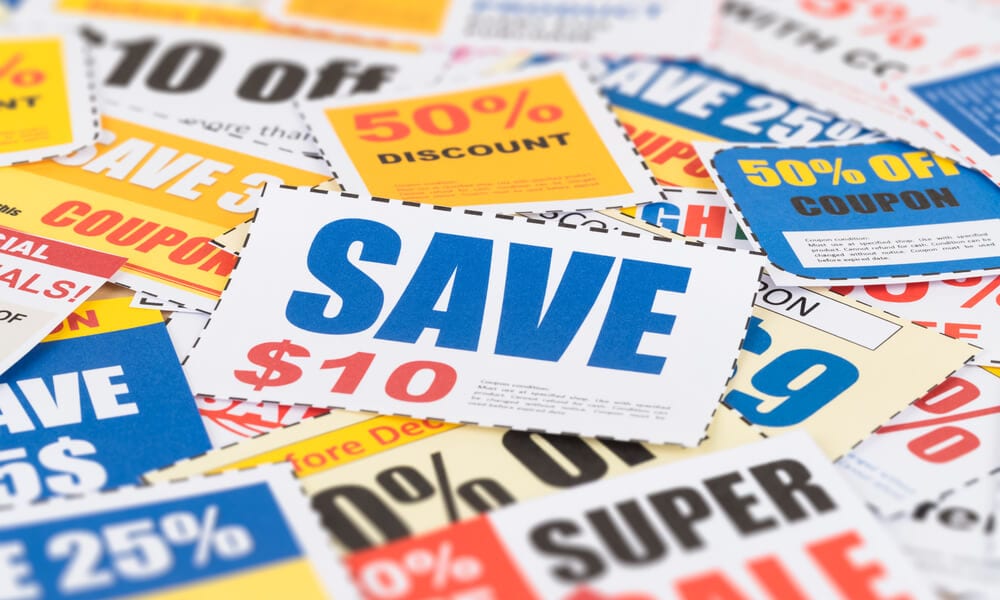How to Make Groupons Work for a Small Business
Home > Small Business >
Groupon doesn’t work for all businesses — there are too many disappointed clients for that — but it works for enough to keep it thriving, spawning plenty of copycats trying to duplicate the success.
It just might work for yours.
Groupon is the original Internet-deal site that offers steep discounts on a myriad of products and services, which can be tailored to the individualized needs of each customer.
Groupon is the new coupon, localized to provide new consumers for marketing-savvy and hungry businesses. If done carefully, the right business can turn it into a bonanza and pay down its debts. If done carelessly, it can become a nightmare.
It is being used by everything from restaurants to massage parlors. Retail shops are using it to sell cheap T-shirts and high-end jewelry and almost everything in between. People are joining health clubs and taking boat tours with Groupon. Nothing is out of bounds. From vacations to haircuts, it’s all in play with Groupon.
Groupon Basics
It starts with a business signing up with Groupon. It costs the business nothing. Consumers also sign up with Groupon and receive the offers that fit their location and tastes, being as broad or as focused as they desire.
A typical deal works like this:
- Groupon advertises and sells via e-mail, a $40 restaurant voucher, for example, for $20. The consumer is getting a deal.
- The restaurant gets half of the sale ($10), while the other half ($10) goes to Groupon.
- The restaurant gets a new customer — possibly someone who has never been there before — but it is discounting its meal by 75 percent, after Groupon gets its half of the $20 sale.
- It’s likely the restaurant is losing money on the meal, but the hope is that the customer spends more than value of the Groupon, and likes the experience so much he or she becomes a regular custom. If the customer never redeems the Groupon — which happens about 10 percent of the times — it’s a free $10 for the business.
According to Groupon, 91 percent of its businesses report getting new customers, and 9 of 10 customers spend more than the face value of the Groupon. And 87 percent of the business owners say the promotion increased their awareness in the community.
Other studies suggest the numbers are quite different. A Rice University study reported that only 20 percent of Groupon customers ever return for a full-paying visit, and only 36 percent of customers buy services or goods beyond the face value of the Groupon.
Groupon and the Cost to Businesses
Groupon, which began in 2008 in Chicago, is marketed throughout the United States, United Kingdom, Canada and Brazil, inspiring a new wave of frugality through tough economic times, but also a new way for businesses to succeed.
Although businesses have been offering buy-one-get-one-free deals for years, they usually run those promotions themselves, allowing them to keep 50 percent of the deal, not 25 percent like with Groupon, which takes its cut off the top.
Groupon seems to work best for businesses with high fixed costs and low variable costs. With health clubs, boat cruises, stadium events and theater productions — where each additional customer becomes pure profit — the deep discounts work well because the cost to the business doesn’t change much.
Empty hotel rooms and empty airline seats don’t produce any revenue, so selling the discounted space makes good sense. It also works well in high-margin businesses, like perfumes, wines and jewelry, where there is a huge gap between retail price and the cost to the business.
Businesses Should Approach Groupon Carefully
It’s the restaurants, where the markup isn’t too high, that can get hurt by the deeply discounted offers and turn sour on Groupon. Although most Groupons have expiration dates, many business don’t bother with adding the restrictions. Businesses should remember that everything is negotiable, including the contract they sign with Groupon.
Groupons really can hurt if they are redeemed only during peak periods, when there are no promotions needed to fill the restaurant. Businesses have a much-more favorable impression when Groupons are used during off-peak hours and generate customers on traditionally slow days.
Price points are important, too. If the average lunch item is just $10, it doesn’t make sense to sell a $15 coupon for $7. The idea is to get the customer to pull out the credit card and spend more than the value of the coupon.
It also doesn’t make sense to be selling school supplies through Groupon the month before school starts. Limit the Groupons to the off-peak periods with certain dates or certain times.
Groupon has been known to turn a new business into an overnight sensation through the wonders of social media. Yet it also can cause irreparable damage if a business isn’t prepared. If a 1,000 coupons are sold, it’s wise to have staff to handle 1,000 customers. Customers with a good experience are more likely to return.
If you are a business owner drowning in debt, there are several debt-relief options available to you.
Sources:
- Lamm, Greg. June 14, 2001. Groupon could see daily deals trouble ahead. Puget Sound Business Journal. Retrieved from: http://www.bizjournals.com/seattle/blog/techflash/2011/06/groupon-amazonlocal-could-see-bumpy.html
- Donnelly, Tim. Jan. 24, 2011. How Groupon Can Boost Your Company's Exposure. Inc. Retrieved from: http://www.inc.com/guides/201101/how-groupon-works-for-small-businesses.html
- Some Facts about How Groupon Works. Groupon Works for Business. Retrieved from: http://www.grouponworks.com/
- Mitaru, Ilie. June 7, 2011. Why Groupon Sucks for Small Businesses. PC World Business Center. Retrieved from: http://www.pcworld.com/businesscenter/article/229644/why_groupon_sucks_for_small_businesses.html

